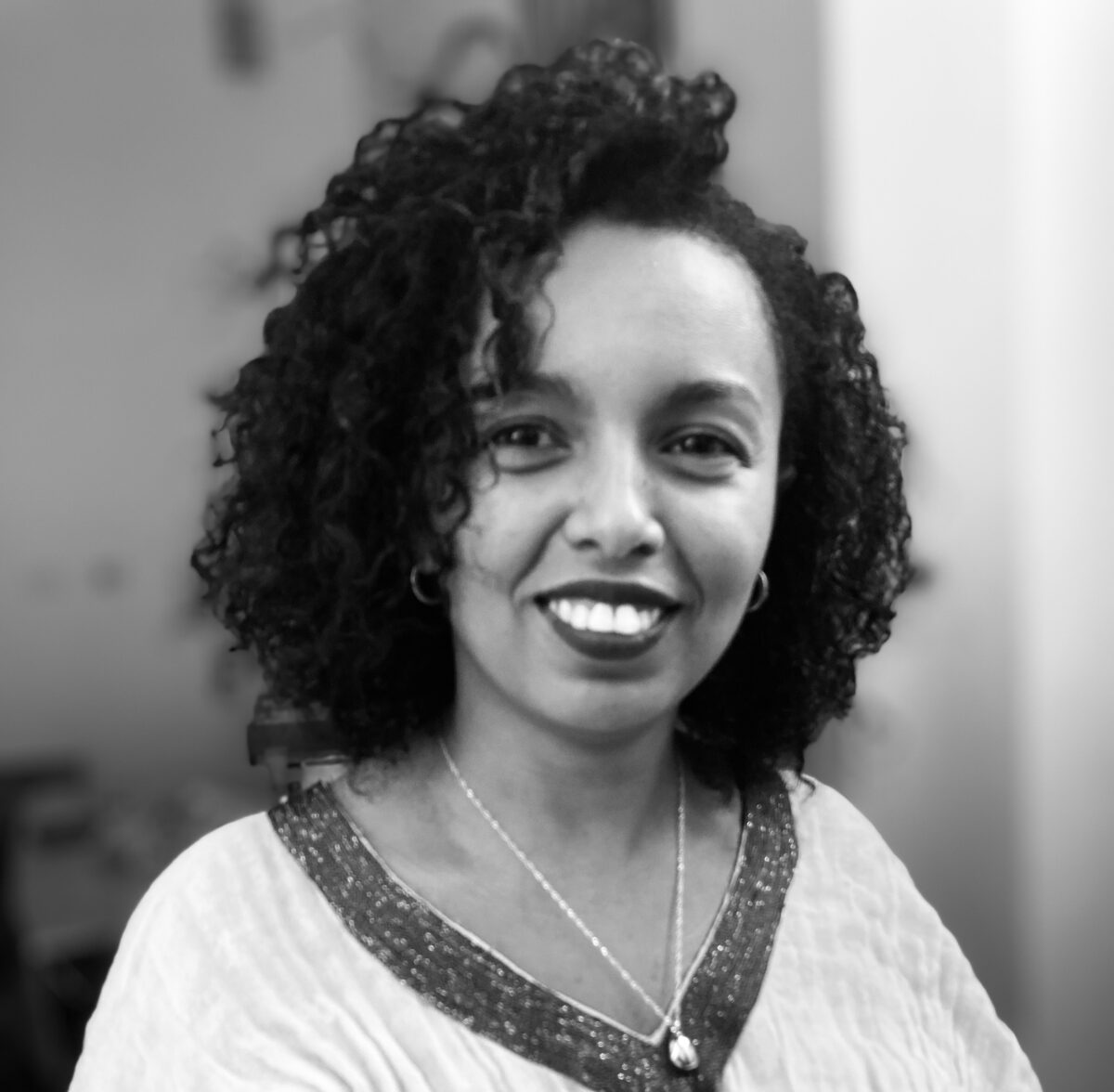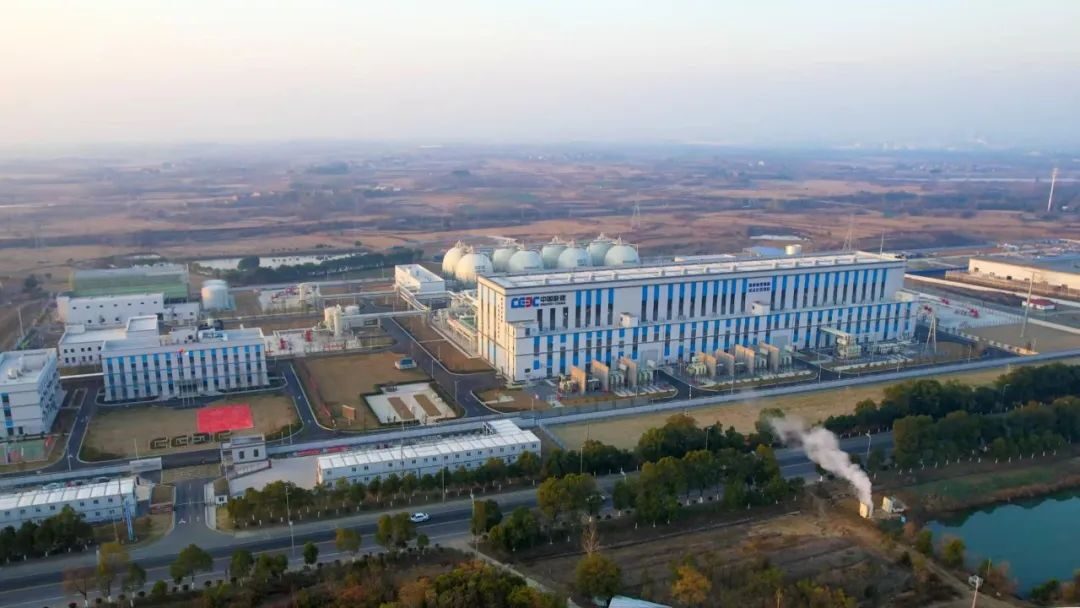A career in the solar industry presents unique challenges and opportunities for women, reflecting broader gender dynamics in the energy sector. The solar sector is more inclusive than traditional industries like oil and gas. Its emphasis on sustainability fosters opportunities for women. Emerging fields such as solar-plus-storage and energy management encourage diverse perspectives.
Nevertheless, despite the growing recognition of renewable energy as a catalyst for sustainable development, women remain underrepresented. According to the International Renewable Energy Agency (IRENA), women account for only 32% of the global renewable energy workforce, with even fewer in technical and leadership roles. This disparity highlights systemic barriers such as gender bias, limited representation, and unequal access to opportunities, which hinder women’s full participation in the field.
Women face challenges like inequality, limited networking, and fewer role models in leadership. The demanding nature of travel and on-site system installation adds logistical difficulties, especially for women balancing family responsibilities. In technical competency, inequality can manifest through doubts about women’s abilities, especially in managing teams or fieldwork. However, as more women demonstrate their competence in these roles, these biases are gradually breaking down. Providing platforms for women to showcase their expertise is essential for progress.
Establishing myself in the renewable energy industry was challenging in a male-dominated field. Overcoming cultural biases and a lack of female leadership role models made it difficult. However, earning a recruitment opportunity at an engineering and research firm and delivering successful projects helped me break stereotypes and build a foundation for growth.
Equity requires addressing structural barriers in hiring and promotions. Transparency in career paths and salary structures is essential. Changes are slow due to entrenched cultural norms and unconscious prejudices, but growing advocacy and representation drive progress. Immediate changes include creating gender-inclusive recruitment processes and mentorship programs, as well as workplace policies that support work-life balance. Eliminating barriers in hiring and fostering a culture of diversity are key steps to encouraging women to join and thrive in the industry. Mentorship, continuous learning, and networking are critical. Access to certifications, training in emerging technologies, and participation in industry conferences help maintain up-to-date skills and professional growth.
Support from organizations that champion diversity also helps women navigate their careers. Initiatives by organizations like WiSEu and IRENA also promote inclusivity and support for women in renewable energy.
Despite the solar industry posing challenges for women, it also offers numerous opportunities to break barriers and lead innovation in renewable energy. With the global renewable energy workforce projected to expand significantly by 2050, it is imperative to harness the talents of all individuals, regardless of gender, to accelerate the energy transition. Addressing structural barriers, fostering mentorship, and investing in training will ensure a more inclusive solar industry where women can thrive. By embracing these opportunities, women can not only advance their careers but also play a pivotal role in shaping a sustainable future for all.
To a younger colleague, I’d say: Don’t let challenges or doubts discourage you. Be persistent, seek mentors, and continuously develop your skills. The renewable energy sector offers vast opportunities for those passionate and innovative, and your contributions will help make the industry more inclusive and sustainable.
Eyerusalem Mekuria Wondemu works as a Project Engineer at Gruner Stucky SA in Switzerland, a leading engineering and planning company specializing in Buildings, Infrastructure, and Energy projects. Originally from Ethiopia, she previously studied and worked in Germany before relocating to Switzerland, where she has been employed for the past 2.6 years, building on an additional 4.5 years of experience from Germany. With over five years of professional experience, her expertise includes off-grid solar systems, solar cell R&D, and on-grid solar project development. Her multilingual skills and experience in diverse, multicultural environments across Ethiopia, Germany, and Switzerland have enhanced her ability to navigate varied settings and communicate effectively across cultures. A dedicated professional with a passion for renewable energy, she also enjoys sports and exploring nature, reflecting her enthusiasm for active and sustainable living.
Interested in joining Eyerusalem Mekuria Wondemu and other women industry leaders and experts at Women in Solar Europe? Find out more: www.wiseu.network
The views and opinions expressed in this article are the author’s own, and do not necessarily reflect those held by pv magazine.
This content is protected by copyright and may not be reused. If you want to cooperate with us and would like to reuse some of our content, please contact: editors@pv-magazine.com.



Thank you for this writing. I had a friend who passed away from her lifelong COPD, during the COVID isolation years. We all lived on the edge of the natural desert wildlands in S Nevada. One of my jobs through the hospice time, was to discuss news important to her, about her beloved desert possibly being saved from unnecessary bypassed, commercial corporate utility scale tech and “large array” engineering. Forwards thinking by world class engineers and “do-ers”, (including women like her), would design natural systems, instead of corporate monopoly accountants’ efficiencies’ versions), and would find the better ways to get the right stuff done in the right places in the right way. She was Finnish, and I had the pleasure of telling her about Finland’s people happily, and pragmatically, installing an entire cabinet of native Finnish – women engineers and scientists, – to move the country forwards on work, education, science, clean energy for Finland. So that everyone else could get done – the other stuff of national Business. My friend’s home (her 40-yr Audubon Bird Count Station) is gone now, but I am increasingly certain, solar for all, except Data Centers, will go the compact, modular way, – onsite, where needed, “on built/disrupted surfaces, only”. Barrasso and Manchin can try to stall rooftop, and try to cut through the Last Stand natural desert wildlands, but we can delay and decommission their soon out-performed, too problematic, utility scale monopoly tech, engineering & Business culture. Speeding evolution of solar tech – in full view of clever and antsy speculative investors, – can help shut down the wrong stuff being built in the wrong places for the wrong reasons. Not against builders profiting from work that needs doing. Against builders doing
needed work, in a way framed only for maximizing commercial corporate profitability.